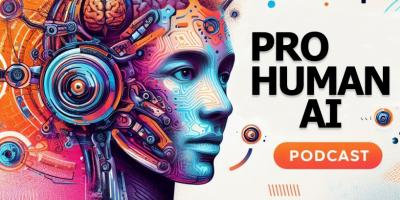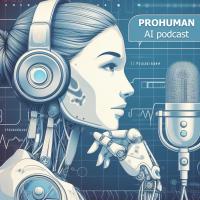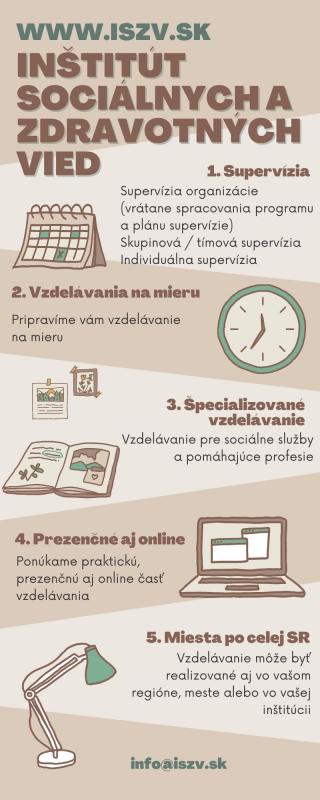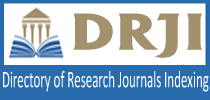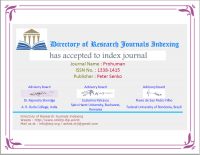 Millions of children and adults around the world are affected by developmental disabilities. This has affected the cognitive, motor, and emotional aspects of their lives. Although there has been an enormous progress in our understanding on the pathophysiological aspects of neurodevelopmental disorders, many aspects of these disorders remain unknown. For in‐ stance, there are 6 millions people affected by Down syndrome around the word. While advance in clinical care and surgical techniques have led to a drastic increase in life expectancy of people with Down syndrome, no effective treatments are available to restore cognitive function in people affected. For this reason there is an urgent need to better understand mechanisms behind cognitive disability and develop new therapies for Down syndrome and similar neurodevelopmental disorders.
Millions of children and adults around the world are affected by developmental disabilities. This has affected the cognitive, motor, and emotional aspects of their lives. Although there has been an enormous progress in our understanding on the pathophysiological aspects of neurodevelopmental disorders, many aspects of these disorders remain unknown. For in‐ stance, there are 6 millions people affected by Down syndrome around the word. While advance in clinical care and surgical techniques have led to a drastic increase in life expectancy of people with Down syndrome, no effective treatments are available to restore cognitive function in people affected. For this reason there is an urgent need to better understand mechanisms behind cognitive disability and develop new therapies for Down syndrome and similar neurodevelopmental disorders.
The propose of the current book is to provide examples of methods of understanding the molecular mechanisms, clinical aspects, diagnosis, and management of behavioral abnormalities in people with intellectual disability.
The first chapter by Fang Xu and Peining Li discusses the role of cytogenomic abnormalities in people with intellectual disability. Following extensive review of methodology used to perform cytogenetic and genomic analyses, they have discussed in vitro cellular phenotyp‐ing and in vivo animal modeling for neurodevelopmental abnormalities.
In the second chapter Adrienne Elbert and Nathalie Berube talk about the role of chromatin structure in people with intellectual disability. The chapter starts with the basic concept of chromatin organization and provides a few examples in which altered chromatin structure plays a significant role in the occurrence of the phenotype.
Chapters 3 and 4 provide examples of rare forms of cognitive disability in adults. These ab‐normalities are a combination of a variety of motor and cognitive dysfunction. In Chapter 3, Danilo Moretti-Ferreira describes magenis syndrome i.e. a rare form of intellectual disability with extensive overlap with other forms of intellectual disability particularly Down syn‐drome. This will be followed by a chapter by Karaca, Tan, and Tan describing a rare form of intellectual disability with very characteristic motor problems.
The last chapter (Chapter 5) is dedicated to studying the effects of sexual maturation in people with sever and moderate intellectual disability. In this extensive chapter, Stanislava Mandzáková walks us through behavioral aspects of sexual maturation in people with de‐velopmental abnormalities and tests the effects of different factors on sexual behaviors in people affected and their care givers.
Advance in automated full sequencing systems; enabling us to perform genotyping in a large number of individuals, sophisticated imaging systems; providing an ability to accu‐rately study minor alterations in brain circuits, and further availability of high throughput assay systems; to test the therapeutic and toxic effects of an incredibly large number of chemicals in vitro, have further accelerated the process of understanding the pathogenesis of neuronal abnormalities and developing new therapeutic strategies for neurodevelopmen‐tal disorders.
I would like to dedicate this book to the families of individuals with intellectual disability. While they experience incredible pain and suffering, many do not wait for others to act. During my many years of work on neurodevelopmental disorders, I have come to the con‐clusion that without the contribution and active participation by parents, brothers and sis‐ters, and other members of immediate family of individuals with intellectual disability, it would not have been possible to get where we are now. While developmental disabilities are not considered a top priority for funding and research by the governments in many re‐gions of the world, the last decade, has witnessed multiple examples in which a very few hard-working and persistent family members of individuals with intellectual disability have made an enormous contribution in direct involvement and persuading others to get in‐volved. This has indeed made a difference in fundamental research, clinical care, and devel‐oping treatments for many aspects of neurodevelopmental disorders. Dedicating this book to these family members is to thank them for believing that, once the scientists are equipped with knowledge on the molecular mechanisms of brain function and with the proper tools to modify the brain circuits involved in cognition, they can make a huge difference in all aspects of the lives of people with intellectual disability.
Dr. Ahmad Salehi
Clinical Associate Professor
Department of Psychiatry & Behavioral Sciences
Stanford Medical School
USA
Contents
Cytogenomic Abnormalities and Dosage-Sensitive Mechanisms for Intellectual and Developmental Disabilities
Fang Xu and Peining Li
Chromatin Structure and Intellectual Disability Syndromes
Adrienne Elbert and Nathalie G. Bérubé
Chapter 3 Intellectual and Behavioral Disabilities in Smith — Magenis Syndrome
Danilo Moretti-Ferreira
Humans Walking on All Four Extremities With Mental Retardation and Dysarthric or no Speech: A Dynamical Systems
Sibel Karaca, Meliha Tan and Üner Tan
Sexuality and Sex Education in Individuals with Intellectual Disability in Social Care Homes
Stanislava Listiak Mandzakova
Developmental Disabilities - Molecules Involved, Diagnosis, and Clinical Care
Edited by Ahmad Salehi
Contributors: Peining Li, Fang Xu, Danilo Moretti-Ferreira, Stanislava Mandzáková, Nathalie G. Berube, Adrienne Elbert, Uner Tan, Sibel Karaca, Meliha Tan
Publishing Process Manager: Iva Simcic
First published July, 2013
A free online edition of this book is available at www.intechopen.com
Additional hard copies can be obtained from orders@intechopen.com
ISBN 978-953-51-1177-1
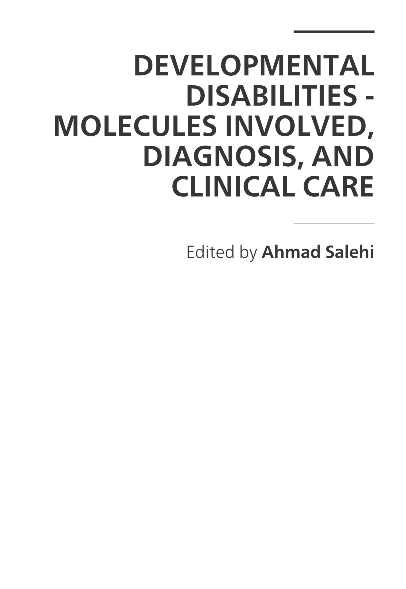
| Príloha | Veľkosť |
|---|---|
| Developmental_Disabilities.pdf | 5.34 MB |







